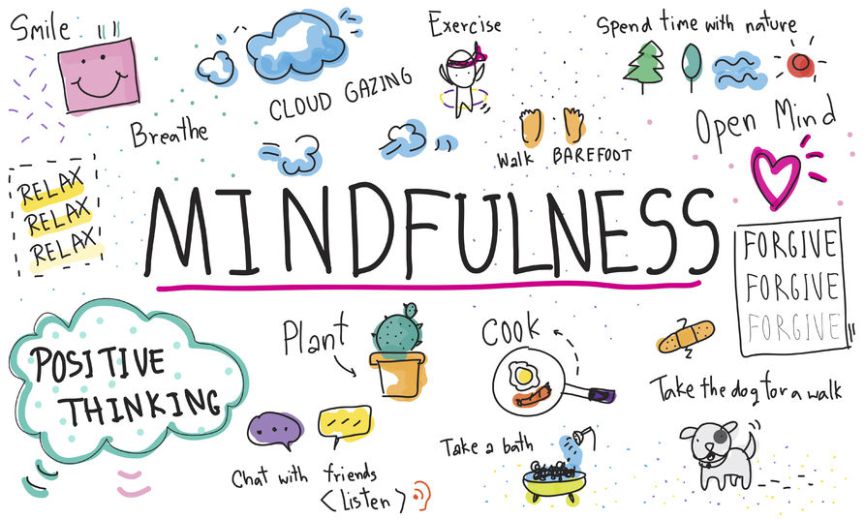
Mindfulness Is the Hottest New Trend?But Should It Be?
Mindfulness Is the Hottest New Trend—But Should It Be?
New research suggests that mindfulness may not be all it's cracked up to be.
Posted Nov 01, 2017
According to new research, interest in mindfulness, both among researchers and the general public, has grown exponentially over the last decade. Even though other happiness-boosting strategies (like resilience and positivity) are also growing in popularity, the growth rate pales in comparison to mindfulness (see image below). It seems that mindfulness is the hottest new trend, but should it be?

Source: Tchiki Davis, Screenshot
Why mindfulness might not be good for you
It turns out that learning mindfulness can be really difficult, especially for people who are new to it. Other research shows that mindfulness can be downright harmful to people with intense negative emotions. Imagine heightening your awareness to your emotions when you have PTSD or poor emotion regulation ability.
It also seems that when compared to other happiness-building strategies, mindfulness often doesn’t work as quickly or as well. In fact, a little study I conducted among regular folks who took a quiz on my website showed that mindfulness was the least likely of nine different happiness-skills to predict happiness (see image below).
Newly published research summarizes these issues and more, showing that even though mindfulness may be the hottest new wellness trend, it is not the panacea that everyone thinks it is.

Source: Tchiki Davis
Why mindfulness is not as beneficial as we expected
While mindfulness was originally meant to foster "wise action, social harmony, and compassion,” Western mindfulness, as psychologist Thomas Joiner says, has become “hopelessly loud and self-indulgent.” As a result, mindfulness, as it is currently practiced in the West, is almost completely absent of the original Buddhist intention to cultivate interconnectedness. In fact, perhaps the most common way to practice mindfulness these days is through the use of an app or Internet platform (e.g., Headspace).
article continues after advertisement
The irony is that scientific research suggests that interconnectedness is one of the greatest contributors to personal happiness. Perhaps it is no wonder then that mindfulness isn’t having the positive impacts that we expected it to.
How to move forward with mindfulness
Despite this new research, there is still evidence that mindfulness can lead to improved well-being. Perhaps by incorporating the original Buddhist intentions to cultivate interconnectedness, social harmony, and compassion, you can still achieve personal fulfillment with mindfulness
Support Therapy Rooms